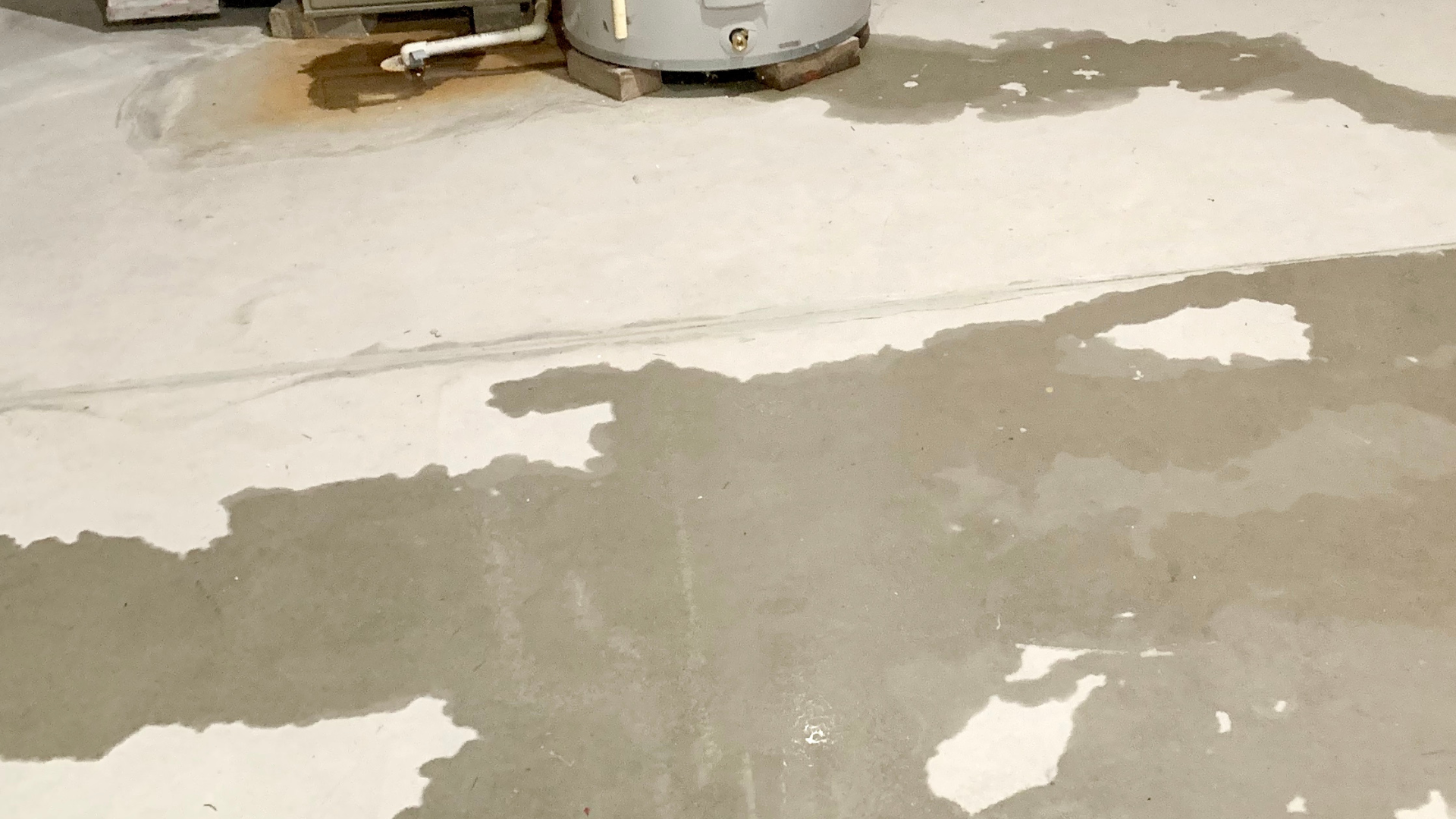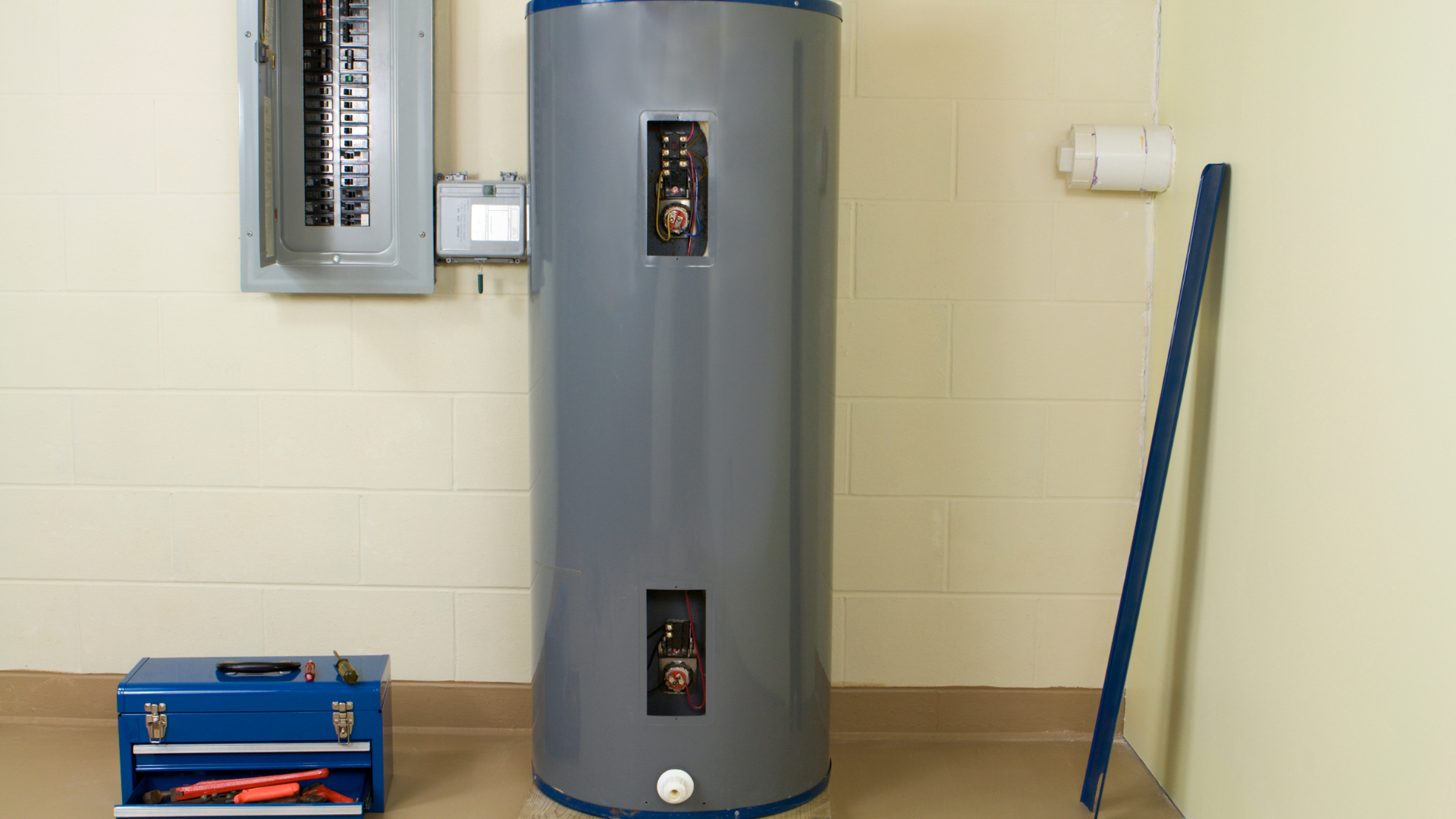Delaware
How a Homeowner Can Navigate Contractor Licensing in Delaware

For homeowners in Delaware, understanding home service contractor licensing involves a state-level business registration for general contractors and specific licenses for trades, often managed by different state divisions. Notably, Delaware does not have a sales tax, but rather a unique Gross Receipts Tax that impacts businesses.
Licensing Requirements for Home Service Contractors in Delaware
Delaware's contractor licensing system is a bit different from many other states. There is no single statewide "general contractor license" that requires an exam or specific experience for all contractors. Instead, the focus is on business registration and specific trade licenses.
Business Registration with the Delaware Division of Revenue:
- All individuals and businesses performing construction work, regardless of project size, must register their business with the Delaware Division of Revenue. This includes general contractors, remodelers, and subcontractors.
- This registration typically involves obtaining a state business license, which must be renewed annually.
- Fees: The cost of this business license varies depending on the number of employees or business structure.
- Non-Resident Contractors: If a contractor does not maintain a regular place of business in Delaware, they are considered a "non-resident contractor." These contractors have additional requirements, notably a surety bond equal to 6% of the contract amount for contracts exceeding $20,000 (or the aggregate of multiple contracts totaling $20,000 or more in a calendar year). This bond ensures compliance with state laws and protects consumers.
Specialized Trades Require State Licenses (Division of Professional Regulation):
- While there's no general contractor exam, specific home service trades are licensed by the Delaware Division of Professional Regulation (DPR) (under the Department of State). These licenses often require significant experience, education, and passing state-administered examinations.
- Electricians: Licensed by the Board of Electrical Examiners. To qualify for a Master Electrician license, applicants typically need 6 years of experience as a journey-level electrician under a Master Electrician and must pass an exam.
- Plumbers: Licensed by the Board of Plumbing Examiners. To qualify for a Master Plumber license, applicants typically need 7 years of work experience under a master licensee or a journeyman certificate plus 2 years under a master, and must pass an exam.
- HVAC/R (Heating, Ventilation, Air Conditioning & Refrigeration) Contractors: Licensed by the Board of HVACR Examiners. Master HVACR licenses also require a journeyman-level certificate and 2 years of experience under a master, or 7 years of total experience under a master, plus passing an exam.
- Well Drillers and Pump Installers: Also licensed by the DPR.
Local Municipal Requirements: In addition to state-level business registration and trade licenses, individual cities and counties in Delaware may have their own specific business licenses, permits, and inspection requirements.
- For example, New Castle County has its own contractor registration and licensing system, often requiring a Statutory Compliance Bond (amount varies by class, e.g., $25,000 to $200,000) and proof of general liability insurance. They also have specific requirements for different contractor classes (Class A, B, C, U).
- Other cities like Wilmington, Middletown, and Newark also have their own local business license requirements.
- Always check with your specific city or county's building department or business licensing office for any additional local contractor licensing, registration, or permitting requirements before starting a project.
Hiring an unregistered contractor (with the Division of Revenue) or an unlicensed trade professional (for plumbers, electricians, HVAC) is risky. Doing so can lead to civil penalties for the contractor and leaves homeowners vulnerable to poor workmanship, lack of warranty, and limited legal recourse.
How Sales Tax Applies to Home Service Projects in Delaware
Delaware is one of the few states in the U.S. that does NOT have a general state or local sales tax. This is a significant advantage for consumers as you will not pay sales tax on goods or most services.
- No Sales Tax on Materials or Labor:
- When you purchase materials or services in Delaware, you will generally not be charged a sales tax. This applies to the materials a contractor uses in your home, as well as the labor they provide for home service projects.
- Gross Receipts Tax (for Businesses, not consumers):
- Instead of a sales tax, Delaware imposes a Gross Receipts Tax on businesses for the privilege of doing business in the state. This tax is levied on a business's total gross revenue, with rates varying by industry.
- For most contractors, the Gross Receipts Tax rate is approximately 0.6537%. Businesses with gross receipts exceeding certain monthly or annual thresholds ($100,000 monthly for construction) are required to pay this tax.
- Important for Homeowners: The Gross Receipts Tax is a tax on the business (the contractor), not on the consumer (the homeowner). While contractors will factor this into their overall pricing to cover their business expenses, they do not collect it separately from you as a sales tax. You will not see it itemized as "sales tax" on your invoice.
What this means for homeowners:
- For home service projects in Delaware, you should not expect to see any sales tax added to your invoice for either materials or labor.
- The price quoted by the contractor should be the total cost for the work, without an additional sales tax line item.
How to Verify Licensing in Delaware
Verifying a home service contractor's credentials in Delaware requires checking with both the state's Division of Revenue for business registration and the Division of Professional Regulation for specific trade licenses, plus any relevant county or city databases.
Delaware Division of Revenue - Business License Search:
- This is where you can verify a general contractor's or any business's state business license/registration.
- Website: Visit the Delaware Division of Revenue website. Look for a "Business License Search" or "Combined Registration Application (CRA)" portal. Often, general business searches are integrated into the "Delaware One Stop" portal: https://onestop.delaware.gov/.
- Search Options: You can typically search by business name or tax ID.
- Information Provided: This will confirm if the business has an active state business license.
Delaware Division of Professional Regulation (DPR) - License Look-Up:
- This is the official source for verifying state licenses for Plumbers, Electricians, and HVAC/R Contractors.
- Website: Go to the DELPROS eLicense portal: https://delpros.delaware.gov/OH_VerifyLicense.
- Search Options: Select "Individual" or "Facility" and then the specific "Profession" (e.g., "Electrical Contractors," "HVACR Examiners," "Plumbing Examiners"). You can then search by name or license number.
- Information Provided: The search results will show the license status (active, expired, suspended), license number, issue/expiration dates, and any public disciplinary actions.
Local City/County Building Departments and Licensing Offices:
- This is a critical step, especially in areas like New Castle County, which have their own contractor licensing or registration systems.
- Find Contact Information: Go to the official website of your specific county (e.g., New Castle County, Kent County, Sussex County) or city (e.g., Wilmington, Newark, Middletown). Look for departments such as "Building Permits," "Codes Enforcement," or "Contractor Licensing."
- Direct Inquiry: Call or visit their office. Ask about any local contractor licensing, registration, or bonding requirements, and confirm that the contractor is authorized to work and pull permits in their jurisdiction.
Proof of Insurance and Bond: Always request current Certificates of Insurance for general liability and workers' compensation (if they have employees). If you are hiring a non-resident contractor, ensure they provide proof of their state-required surety bond. For contractors working in New Castle County, ask for proof of their Statutory Compliance Bond. Contact the issuing insurance and bonding companies directly to verify coverage.
Performing these multiple verification steps is essential to ensure you hire a legally compliant and reputable home service contractor in Delaware.
Sources
- Delaware Division of Revenue (Business Licenses and Gross Receipts Tax):
- Delaware One Stop (Business Registration): https://onestop.delaware.gov/
- Tax Tips for Contractors and Real Estate Developers (PDF, explains Gross Receipts Tax): https://revenuefiles.delaware.gov/docs/contractors.pdf
- Delaware Division of Professional Regulation (DPR) / DELPROS eLicense:
- License Look-Up Portal: https://delpros.delaware.gov/OH_VerifyLicense
- Boards (e.g., Board of Electrical Examiners, Board of Plumbing Examiners, Board of HVACR Examiners): (Information for specific trades is found under these boards on the DPR website)
- New Castle County - Department of Land Use:
- Contractor Licensing Information: (Search "New Castle County Contractor Licensing")
- Contractor Search (New Castle County): (Often available on their Land Use or Building Permits site)
- Delaware Tax Rates (General Info):
- Tax Foundation - Delaware Tax Rates & Rankings: https://taxfoundation.org/state/delaware/
- Kintsugi - Delaware Sales Tax Guide: https://trykintsugi.com/blog/delaware-sales-tax-guide
- Industry Guides (for general overview, always defer to state/local sources):
- Procore - Delaware Contractor Licensing Guide: https://www.procore.com/library/delaware-contractors-license
- Surety Bond Professionals - Delaware Contractor License Requirements: https://www.suretybondprofessionals.com/delaware-contractor-license-requirements/
Click Another Article to Read More










